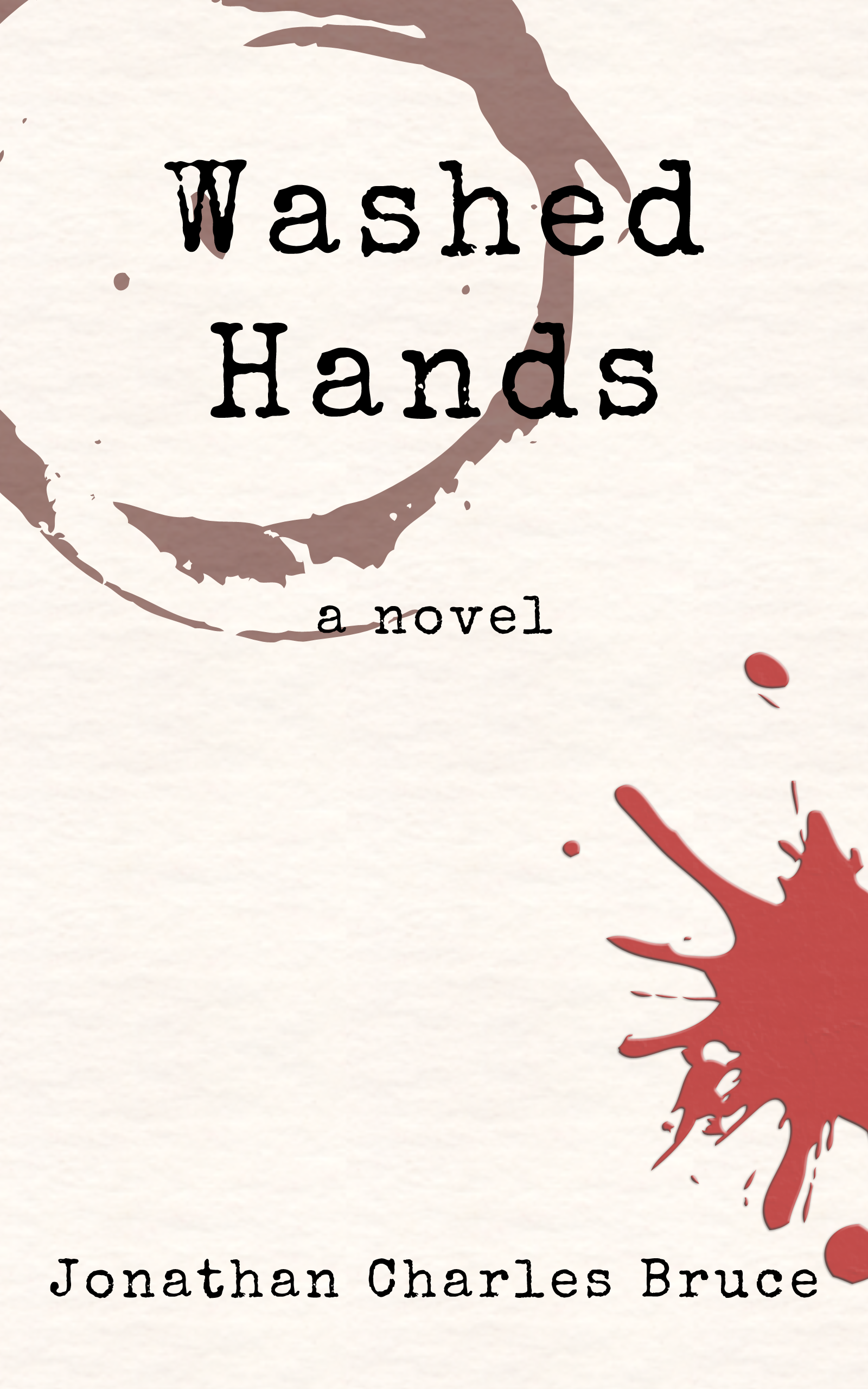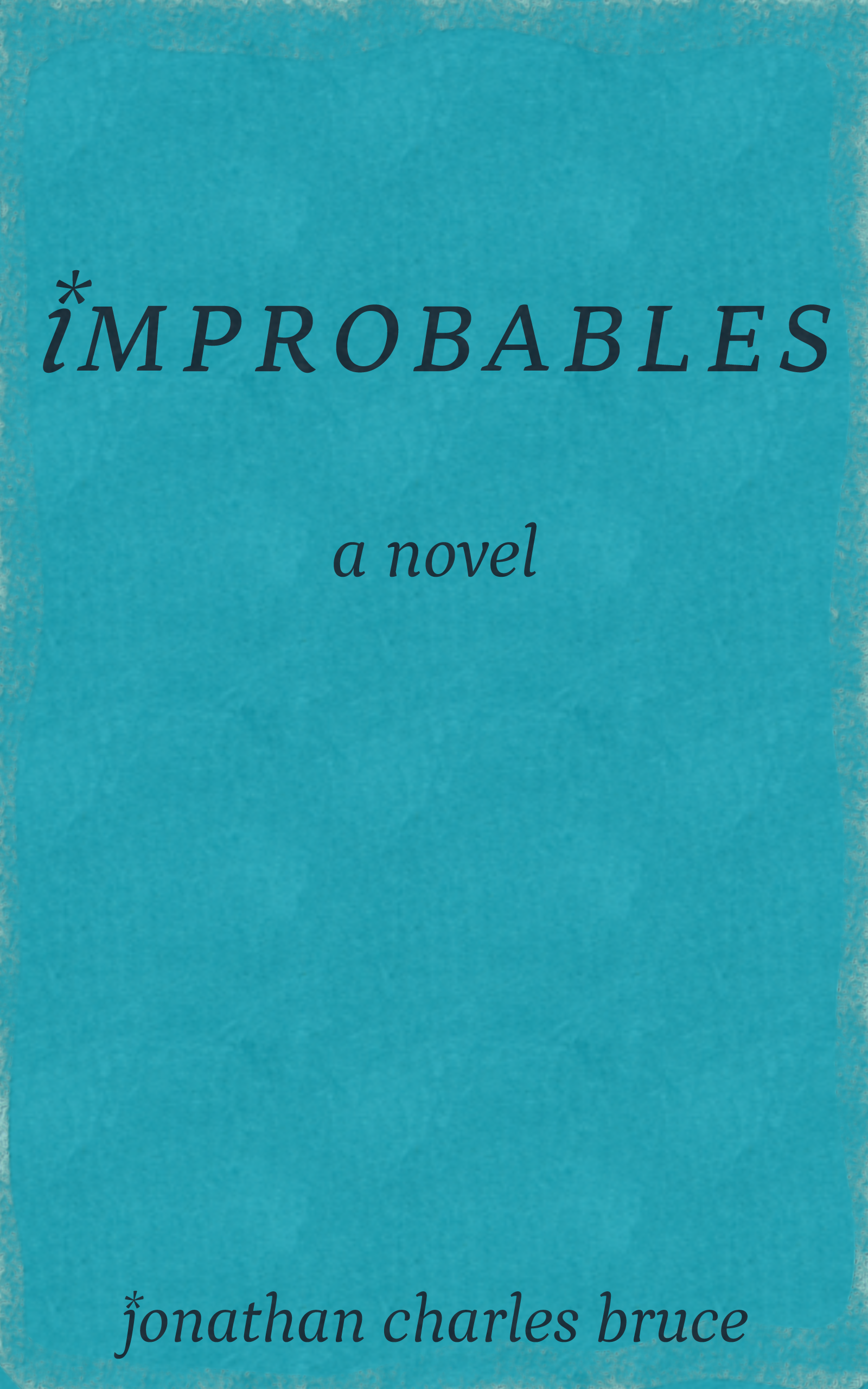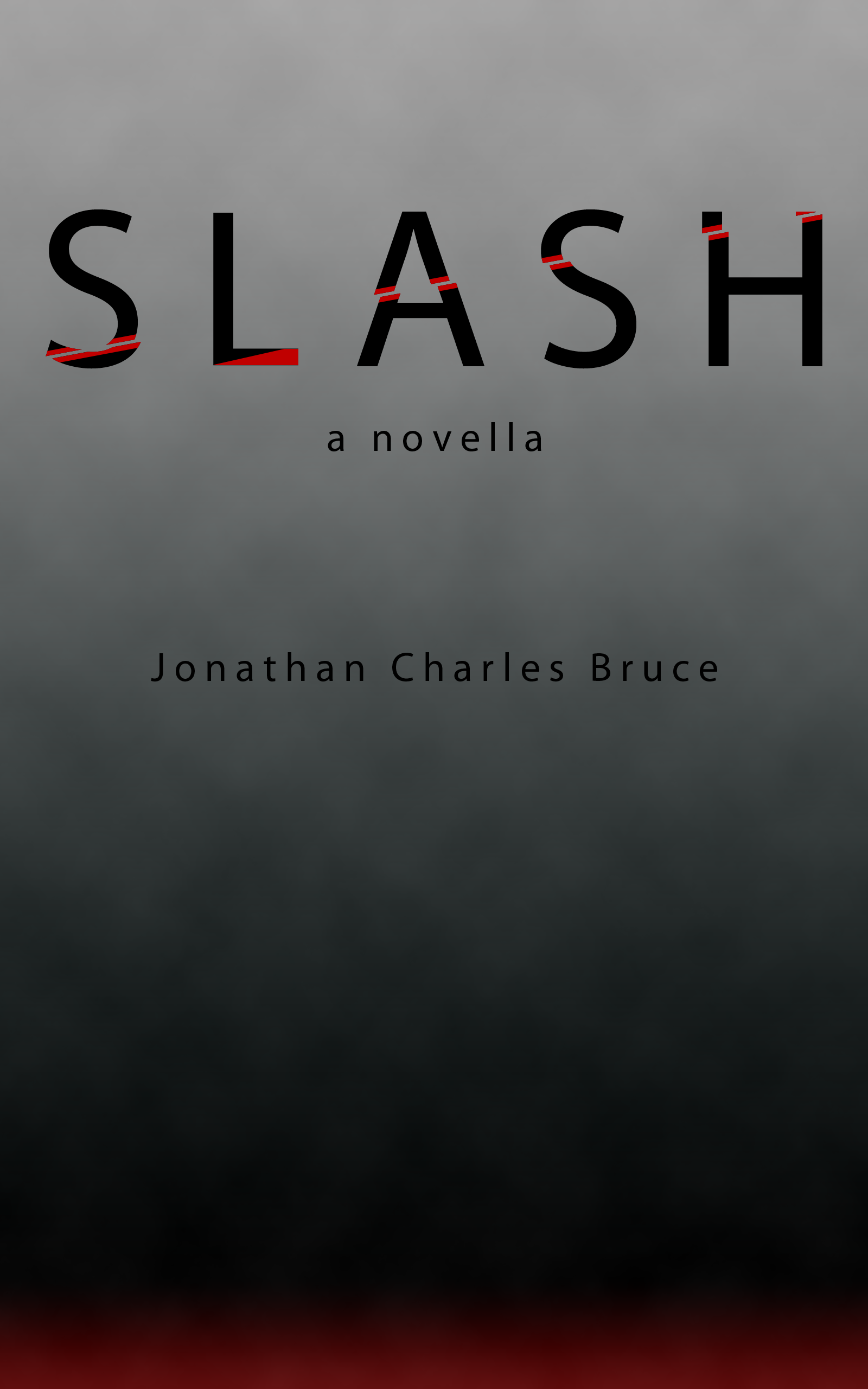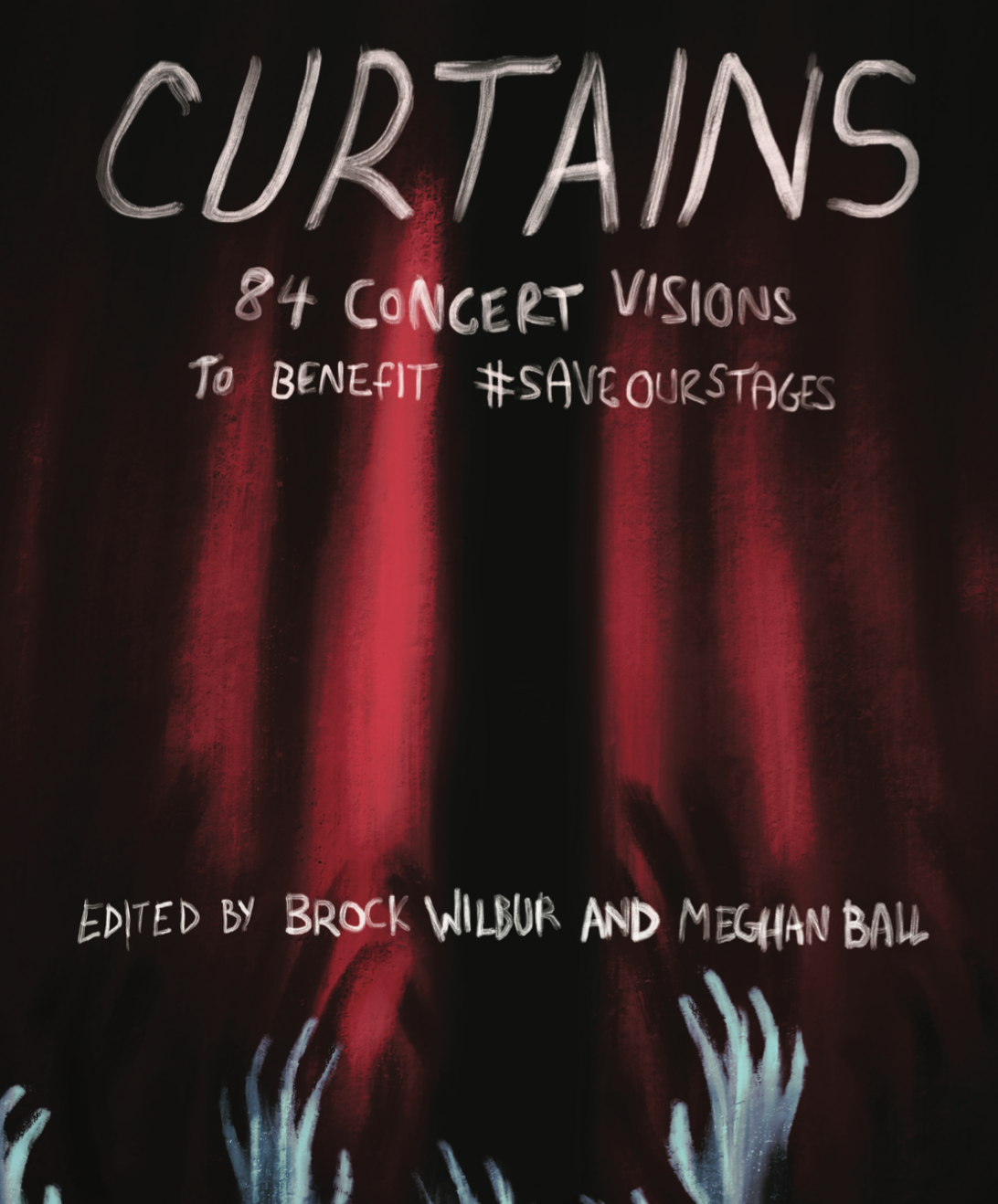On Books and Groupwork
Last week, I stumbled across an article voicing disdain for the book Rebels: City of Indra: the Story of Lex and Livia. Outside of gratuitous use of punctuation, the big crime here seems to be that a) two people related to the Kardashians wrote it and b) they didn’t even write the damn thing. It looks to be that a total of four people—the two with their names on the cover, their manager, and yet another writer of sorts—actually cobbled together some sort of narrative with spit and the will to believe. Or something.
I’m sure that, unlike a fair number of the Internet’s denizens, I did feel charitably inclined toward the book. Not out of any love for the Kardashians, mind—my continuing apathy toward them remains unphased—but for the fact that a book should be judged by its own merit and not necessarily of its pedigree. You know that old adage, “don’t judge a book by its cover”? Pretty sure that includes the author’s name.
That being said, however, the sample chapters up on Amazon are just terrible.
Okay, that may be a bit harsh. They’re not the worst things I’ve ever read. But they’re boring to a fault, which is certainly a problem. It’s also a cobbled together mess, to the point where I’m pretty sure there’s a narrative contradiction in the prologue, but the wording is far too garbled to say that with certainty. Maybe that’s the goal—make the story too difficult to parse in a bid to deflect criticism.
But I haven’t read the whole thing, and quite frankly, I can’t be bothered to. I have other, far more important reading to do, coupled with that pesky writing that routinely follows me around and demands I work. The thing I want to talk about today is actually the problem I have with multiple authors involved in the narrative.
To begin this little tirade, writing isn’t necessarily as purely auteur-driven as people may make it out to be. At the very least, an editor is going to be necessary to make sure that your occasional dalliances into creepy fetishes are kept to a minimum. Sure, there are authors who are the unquestioned masters of their work, but I do think that the vast majority of experiences lend themselves toward at least some understanding of a group project. If nothing else, a reader is necessary to make something written work—otherwise, what you have is literary masturbation. Long story short, reaction is an important element of any artistic work—from professionals to consumers, critical reaction is a necessary thing to take, understand, and use for either the work in question or the next one.
In this case, however, there is a clear delineation of responsibilities—and the author is kind of sort of the one who determines the larger motions of the story and tone. Adding authors to a single story seems like it would make things rapidly get out of hand. Although I’m sure there are people who work together well, I just can’t fathom two disparate people, with two disparate writing styles, coming together for a cohesive vision. Creative people tend to be very jealous of how they approach an idea.
You see, I worked in a drama department long enough to realize that a singular director with a singular idea of what the work-in-progress will become is extremely important. Giving multiple people too much creative control (or if they wrest it from you) will end up creating dissonance in the work, undermining the central point to its existence in the first place. There’s a reason why Hamlet doesn’t end with nightmare clowns descending from the heavens and eating the principal cast—while it may be shocking, it doesn’t really fit with everything else.
To give you another example: I wrote a play called Homecoming about a woman returning to her childhood home after running away twenty years prior due to her mother’s alcohol abuse. Although it was a comedy, the intent was to have darker strands of discussion beneath the surface. Not exactly revolutionary, but it still proved to be a fun little story. Well, as fun as drunken depression could be.
Now, one of the characters was an older uncle who, at some point in the last twenty years, married a much younger “dancer” after his wife ran off with his brother. The lady in question was a bit dim, but incredibly sweet—once again, not a particularly bold development. The actual point of including the relationship was that, while initially the object of disgust of the main character, her uncle and his wife legitimately seem to love each other. It was easy to just assume that the woman was a gold digger, or that the uncle was just a gross old man. To subvert that is to emphasize an overall theme of the narrative that life isn’t always what we originally had in mind.
The problem comes in when the actress who played the dancer decided to start speaking in internet shorthand, blurting out things like “OMG” and “LOL” at specific times in the story. The problem with this is that, at the time, such abbreviations were used principally by high school students. As such, it took a weird and uncomfortable family dynamic and launched it firmly into downright creepy if not straight-up illegal territory.
Maybe plays are a bad example, as the director should have final say in how actors… well… act. But I think it serves a larger overall point. Little things, like character nuances, can add new depth that the writer and director never even imagined. They can also propel a semi-sweet story arc straight into disastrous territory. Now, ideally, a director can nip such things in the bud when they arrive. But when you have two directors, possible with two different ideas of how to get from point A to point B, then we run into problems. At the very least, you end up with some scenes being schizophrenic. At worst, you end up with a fever dream of disjointed plot points.
See, without a clear idea of what the book is about and how it feels, things can get derailed fairly quickly. Some writers just like to write and see where everything takes them—how do you coordinate in that situation? And even on a practical level, writing a narrative would seem to actually exponentially increase the work required of everyone involved. And what if you have an exciting idea to take the plot in a new direction? Or if you need to kill of a character the other author has grown protective of? Even theorizing about it sounds like a goddamn nightmare.
Now, I’m sure if you work well with each other and keep lines of communication open, a decent work can be created. Or maybe if you have a specific structure that actually lends itself to two distinct, varied styles of approach. Perhaps if the single narrative was meant to be told from two characters’ points of view and one of the conflicts was on just which narrator to believe. I think a crime novel with that in mind could be pretty neat.
I’m sure that authors have written books like that—I don’t have time to commit every novel’s plot structure to memory. Even Rebels: the First One: the Coloning seems to be set up in such a way, with two main characters that share page space with their own take on events. But I sincerely doubt that both characters were assigned a different author, especially when we consider that four people worked on just one book. Even if they did have that kind of setup, it still doesn’t really change the fact that a competent author could have probably written a measly two different points of view without a multitude of others to provide backup vocals or whatever the hell they did.
Speaking of which, if for whatever reason everyone in that quartet did indeed write the title-that-wouldn’t-end, what the hell do four authors do on a book? It might seem petty, but I would love to see the division of labor on such a clusterfuck—because I’m betting that anything that approaches an equal distribution of work would result in a congealing clump of word vomit. Do they each take a chapter? Do they write four different books and blend them together, or just take the best bits of each to create some kind of super book? Is one person a glorified editor? Is one an idea generator who lacks the overall talent to string words together coherently?
Regardless of how we cut this, the fact remains that in almost any collaboration, someone is going to be heard the loudest—either because they care the most or the others don’t care at all. And at that point, is it even really collaboration anymore? Someone usually ends up bearing the most burden, and I hazard to say that it may seldom be the one whose name is listed first.
< PREVIOUS ENTRY • NEXT ENTRY >
Advice • Fiction • Gaming • General Musings • Reviews





